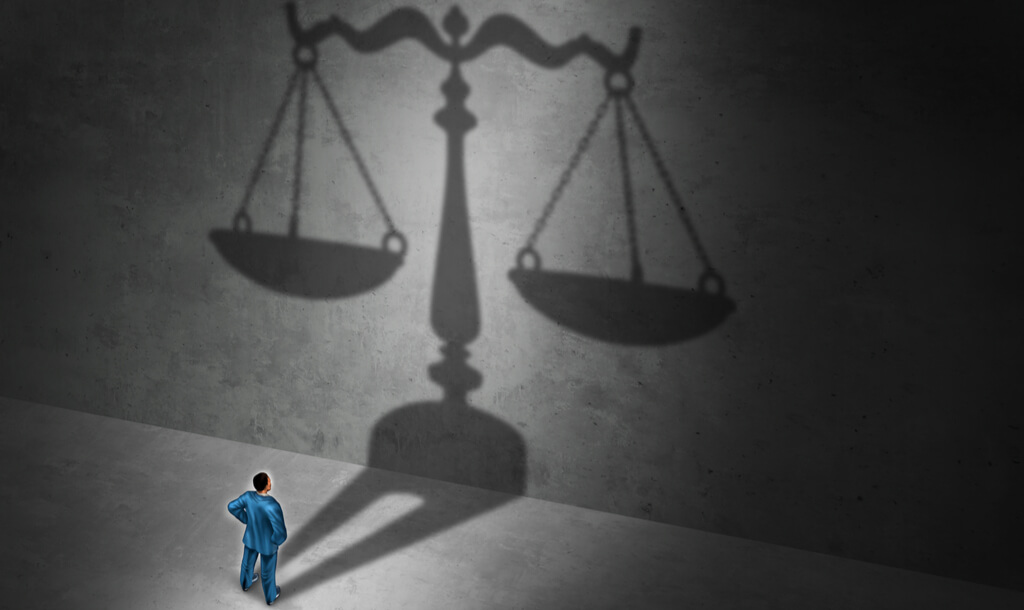Should You Sue For Defamation If Someone Insults You Or Your Business Online?

The growth of the world wide web has made interaction amongst human beings much easier. But, while communication has become more convenient, it has had the effect of inconvenience due to the abuse of such online communication mediums.
Nowadays, there are many instances of people posting false or derogatory statements to insult an individual or a business, harming their reputation and goodwill. In such a scenario, should you sue for defamation if someone insults you or your business online? Let's have a quick look to help you decide.
1) What exactly is defamation?
Defamation can be considered to take place when a statement is made that hurts an individual's or a business's reputation. "Libel" is the specific term used for written defamation, and "slander" is the term used for spoken defamation. When it comes to proving that defamation took place, you need to have proof that:
- The statement was false and made with malice
- The statement was presented as a fact and not an opinion
- Had consequences that affected your reputation adversely
Even though defamation is not a crime, it happens to be a civil wrong, and you can file a lawsuit for damages against the person responsible for defaming you. You can get comprehensive information about what steps to take in a lawsuit for defamation and slander against you or your business.
2) How can you prove damages from defamation?
To prove damages, a plaintiff in a lawsuit needs to show that the purported defamation actually harmed them. For a business to prove they were harmed, they need to provide evidence to show that their reputation was damaged due to false statements leading to lost revenue or profits. When it comes to individuals, statements made by the opposite party claiming that the plaintiff is a cheater, has a sexual disease, or is sexually promiscuous, or is personally correct can be considered defamatory. However, in a defamation lawsuit, it is up to the courts to decide whether a statement is defamatory or not.
3) What is online defamation?
Social media channels such as Facebook, Twitter, Instagram have exploded in popularity in the last decade or so. Many social media websites encourage their users to share information. Many times, such sharing takes place without any regulatory oversight. Anonymous profiles on such social media sites allow individuals to post whatever they think without considering whether the information is true or false. Online commentators may get public support or attention when they make statements blasting other individuals or businesses.
As a result, online defamation has become a reality in this age of over-sharing of information. Elon Musk, the famous billionaire, faced a defamation lawsuit by Vernon Unsworth as a result of some tweets regarding Mr. Unsworth. Even though Mr. Unsworth eventually lost the lawsuit, such instances of potentially defamatory statements in the online world are ever so common nowadays.
4) Should you or your business sue for defamation if someone insults you online?
Whether you should go ahead with a defamation lawsuit is a decision you should make after consulting a legal expert with experience in defamation law. Some good reasons to file a defamation lawsuit are if the harm is substantial and real and/or if you or your business's reputation has been potentially harmed. However, there are a few drawbacks to a defamation lawsuit. These are:
- Time-consuming: Since a defamation action is a civil lawsuit, it will take more than one or two years to reach the trial stage.
- Costly: Unless you can find someone to take up your case on a pro-bono basis, you'll need to pay your attorney's fees. Each case will have a different cost, and the costs may go up due to various reasons
- Uncertain: It's not possible to predict who'll win a lawsuit
- You cannot cross the statute of limitations: The statute of limitations is the legal time frame within which a plaintiff can file a lawsuit against the opposite party.
- Distracting: You and potentially your friends, relations, or employees may have to spend substantial effort and time on the lawsuit. The entire effort may be distracting
- Not a good idea to start and then stop a lawsuit: After you file a lawsuit, unilaterally discontinuing it may expose you to a claim saying that you wrongfully initiated it.
Thanks for signing up to Minutehack alerts.
Brilliant editorials heading your way soon.
Okay, Thanks!